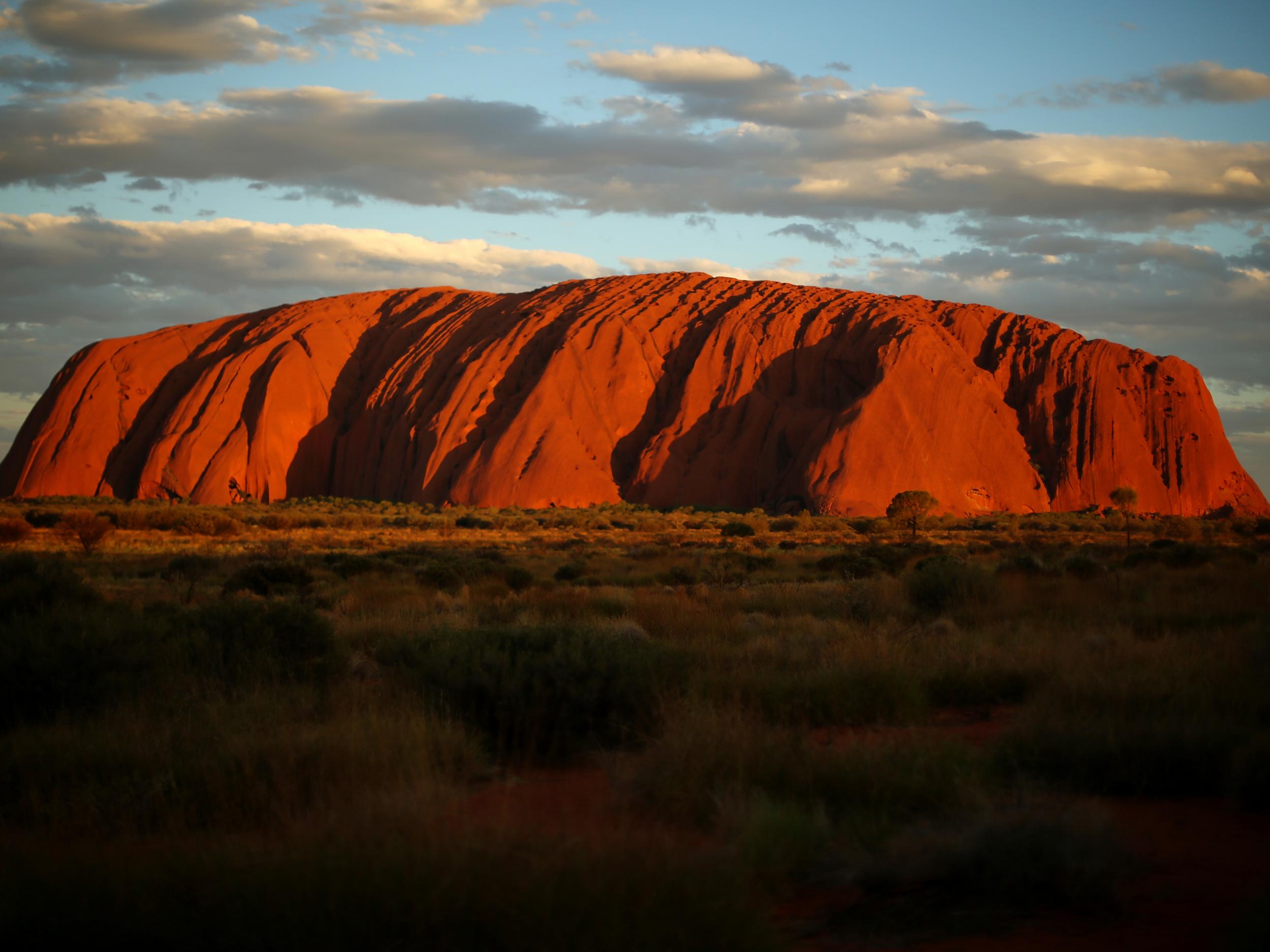Uluru ban: Tourists to be barred from climbing sacred Aboriginal site, Ayers Rock
Authorities have confirmed that scaling Australia’s famous landmark will be off the cards from October 2019

After over 70 years of tourism, Uluru will be off limits for climbers from October 2019, local authorities have confirmed.
The iconic Australian landmark, formerly known as Ayers Rock, is a sacred site for Aboriginals, who have been asking people to stop climbing it for many years. A huge sign at the base of the climb reads: “We, the traditional Anangu owners, have this to say. Uluru is sacred in our culture, a place of great knowledge. Under our traditional law, climbing is not permitted. This is our home. Please don’t climb.”
Some 60,000 people a year ignored this plea and climbed anyway, but the board of the Uluru-Kata Tjuta National Park has now voted unanimously to put a stop to the controversial practice.
“It is an extremely important place, not a playground or theme park like Disneyland,” said board chairman Sammy Wilson, who is Anangu.
“If I travel to another country and there is a sacred site, an area of restricted access, I don’t enter or climb it, I respect it.”
He added: “Closing the climb is not something to feel upset about but a cause for celebration. Let’s come together; let’s close it together.”
Uluru’s land title was handed back to its traditional owners in 1985, but was immediately leased to the Australian federal government to be jointly managed as a national park for 99 years.
The Uluru-Kata Tjuta National Park board is comprised of eight traditional owners and four government officials.
The closure should not come as too much of a surprise; the park’s most recent management plan states that the climb will be “permanently closed when the proportion of visitors climbing falls below 20 per cent”. According to the board, only 16 per cent of visitors to the national park climbed Uluru from 2011 to 2015.
Safety has also been a concern, with the climb claiming more than 35 lives since tourism began in the 1940s. Just last year three Australian tourists had to be retrieved after falling into a crevice.
The ban begins from 26 October 2019, 34 years after the Unesco World Heritage Site was handed back to the Aboriginal people.
Join our commenting forum
Join thought-provoking conversations, follow other Independent readers and see their replies
0Comments